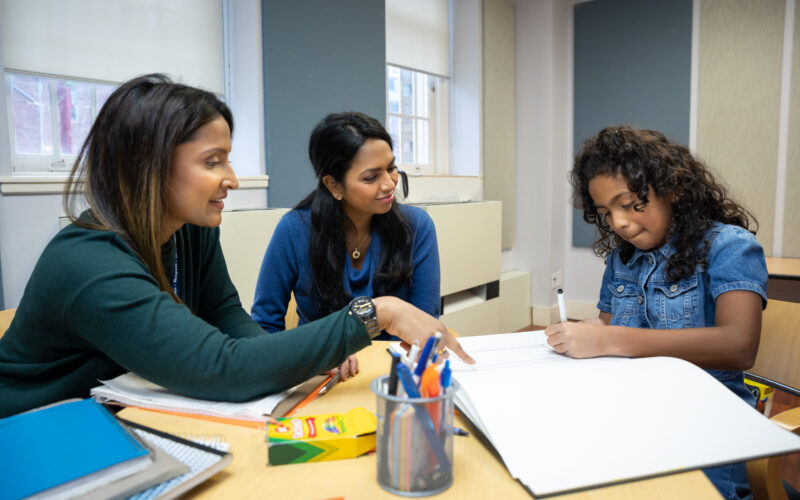When Alannah González reached out to Surrey Place’s Urgent Response Services (URS), she had run out of options and didn’t know where to turn. Her three-and-a-half-year-old daughter Eva was exhibiting violent behaviour. Her aggression was escalating. “She was scratching and biting. I was always covered in bruises and cuts,” González said. Eva also engaged in self-harm and had difficulty interacting with other children at her daycare. At one point, González took six weeks of medical leave from her job due to stress and mental health issues.
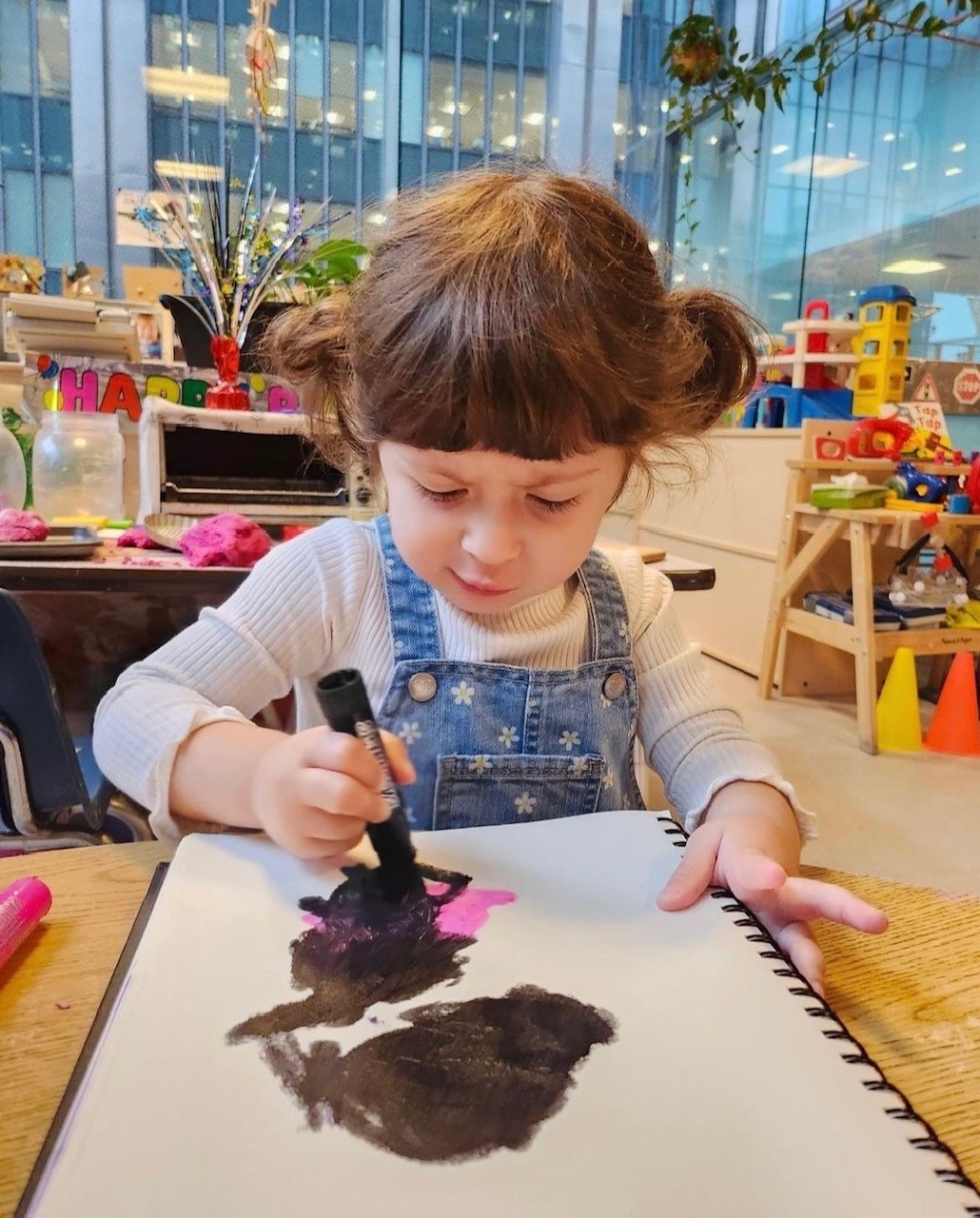
Eva was diagnosed with autism in the fall of 2022, although González said she suspected her daughter had autism before her first birthday. She noted that Eva was late to meet developmental milestones. When she started daycare, her behaviour stood out next to the other children.
“I saw other kids her age and how Eva wasn’t like them at all,” she said, adding that Eva was also “doing autism stims.”
“I knew it was autism because I grew up around it – I have family members with autism,” González said.
Once Eva’s diagnosis was confirmed, González jumped into action, registering Eva for speech therapy, occupational therapy and Social ABCs through the Caregiver-Mediated Early Years Program. But Eva’s aggression continued to escalate. During one particularly difficult episode, Eva broke her mother’s nose. That’s when Gonzalez realized she needed help.
Urgent Response Services (URS) were the answer. The service is designed to respond rapidly to escalating behaviour in situations where the child or teen is at risk of hurting themselves or others. URS uses an approach called the mediator model, where the parent or caregiver delivers the therapy directly to the child or teen. To González, this sounded exactly like what she and Eva needed. She decided to reach out.
González expected a long wait after her initial inquiry, so she was pleasantly surprised when Surrey Place followed up quickly. Intake was an efficient process designed to get her family started immediately. González also liked that the intake process was online.
“I didn’t have to go somewhere to do it, and I appreciated that,” she said.
Shortly after intake, she got the call. Eva had qualified for URS. A behaviour therapist would meet with González and her daughter at their house once a week.
Since González had researched the mediator model beforehand, she knew that she would need to be very involved in the Urgent Response Services process. A behaviour therapist trained González in the mediator model, and it was an eye-opening experience. González learned that instead of responding to her daughter’s aggression, she should move Eva to an area without any hard surfaces or sharp objects and then give her space.
González started noticing improvements in her daughter’s behaviour after only four sessions as a client with the Urgent Response Services. Six weeks in, it was “very obvious it was helping.”
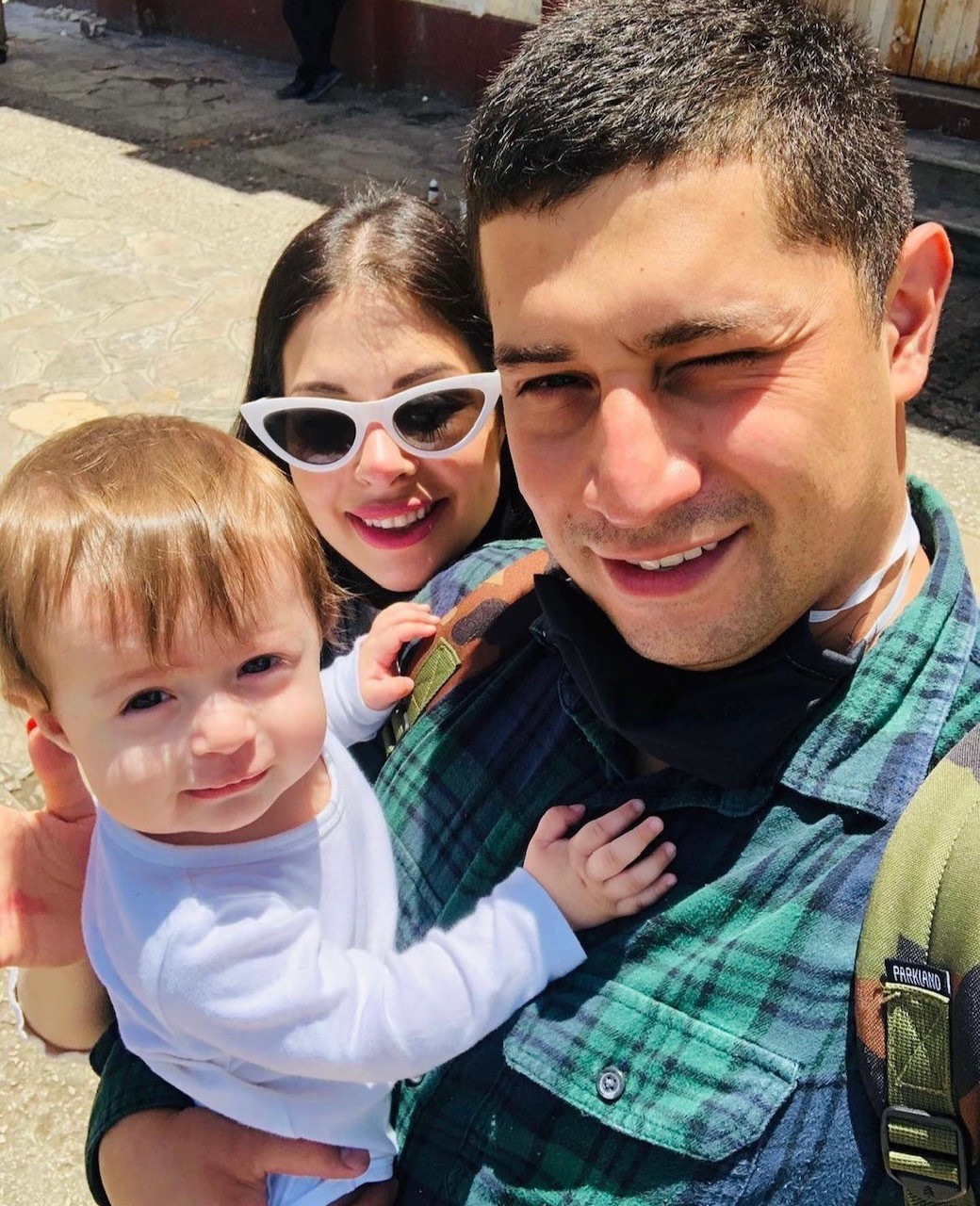
“I moved away when she started hitting, scratching, or biting me, and she responded to that right away,” said González. “[Now] she knows that this behaviour is not going to get her what she wants – that’s a big improvement.”
González also learned how to use soft transitions. For example, if Eva is watching TV and it is bath time, González will give her a bath toy and verbally prepare her for the transition. González said this technique has made a big difference in preventing challenging behaviour from occurring in the first place.
The sessions with her behaviour therapist were “warm, friendly, and fun,” which wasn’t what González had expected. She thought the sessions would involve running through a checklist or that they would have a more clinical feel.
“I feel like [my behaviour therapist] really understood my struggle on an emotional level,” González said. “She wasn’t just there to give me a list of things to do. She connected with the struggle I was having and made me feel very understood and not judged.”
González added that Eva was happy whenever she knew her behaviour therapist was coming over after school. “The behaviour therapist built a rapport so quickly with my daughter – they just loved each other,” she said.
After finishing URS, Eva’s behaviour at home and daycare improved significantly. “Eva is a happier kid overall,” González said. “Her tantrums are shorter and less frequent, and the self-harm is almost eliminated.” At daycare, Eva has learned new skills like turn-taking and sharing with other children. Eva will soon start Surrey Place’s Entry to School program to help her prepare for kindergarten.
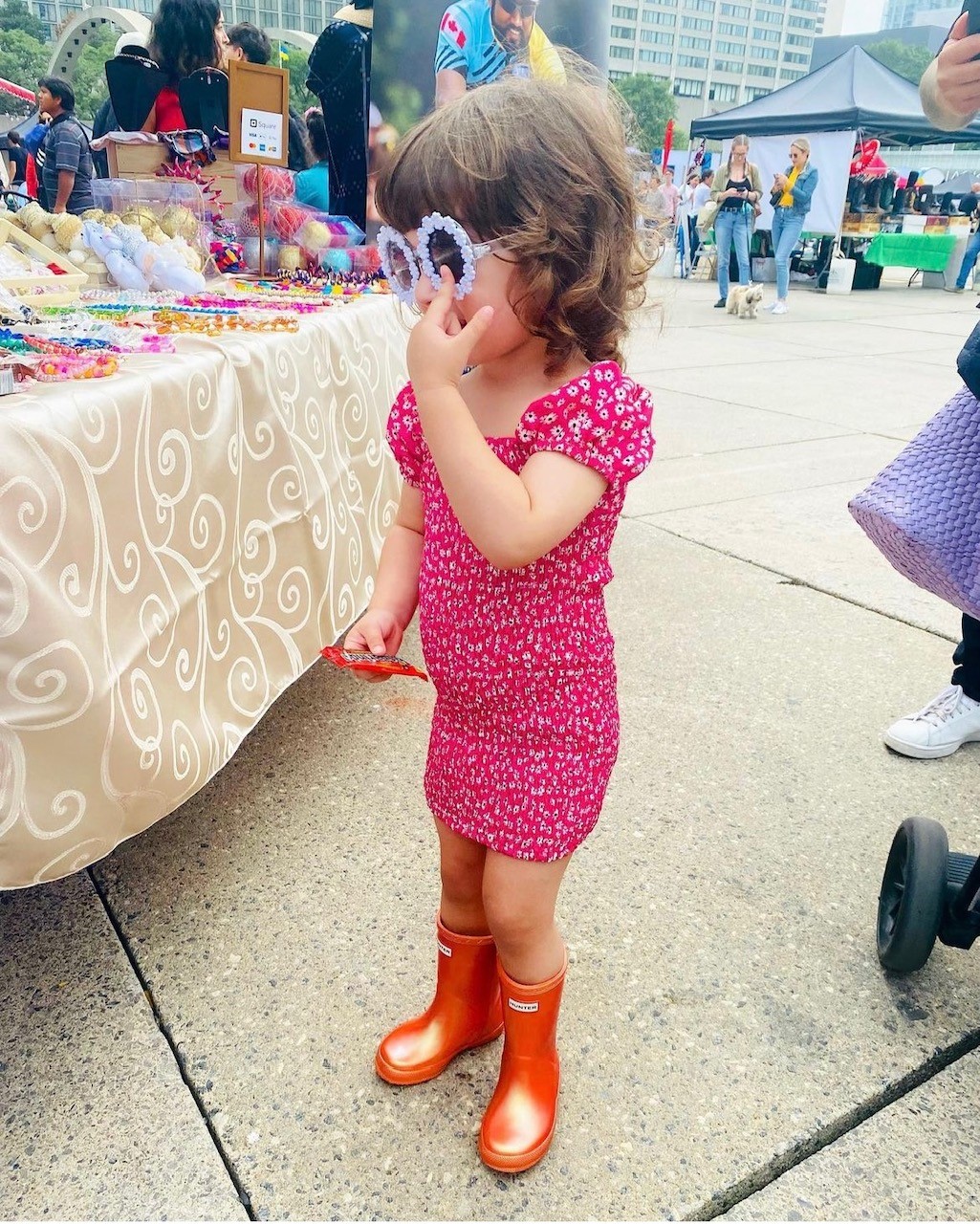
“I want to thank everyone who was involved with URS – it changed our lives,” González said. “I’m so grateful to everyone who helped us.” González credits the mediator model and her behaviour therapist for the improvements in her daughter’s behaviour.
“The caregiver-mediated techniques I learned have been so helpful,” she said. “I use them every day, and it works.” Other parents shouldn’t let fear of judgment stop them from accessing services like URS that can help their child, González said. Unfortunately, some parents may feel shame about their child’s autism diagnosis, and this can prevent them from getting the help they need.
“Stop caring what other people think – what your kid needs is more important,” González said, pointing to her own experience using URS.
The program has made a huge difference for both Eva and González. Eva’s new skills enable her to be more successful at daycare and at home, and González has achieved her own milestone – she is back at work full-time! Not only that, thanks to URS, she describes herself as a happier mom.
“Eva used to have bad days every day,” González said. “And now it’s more good days than bad.”
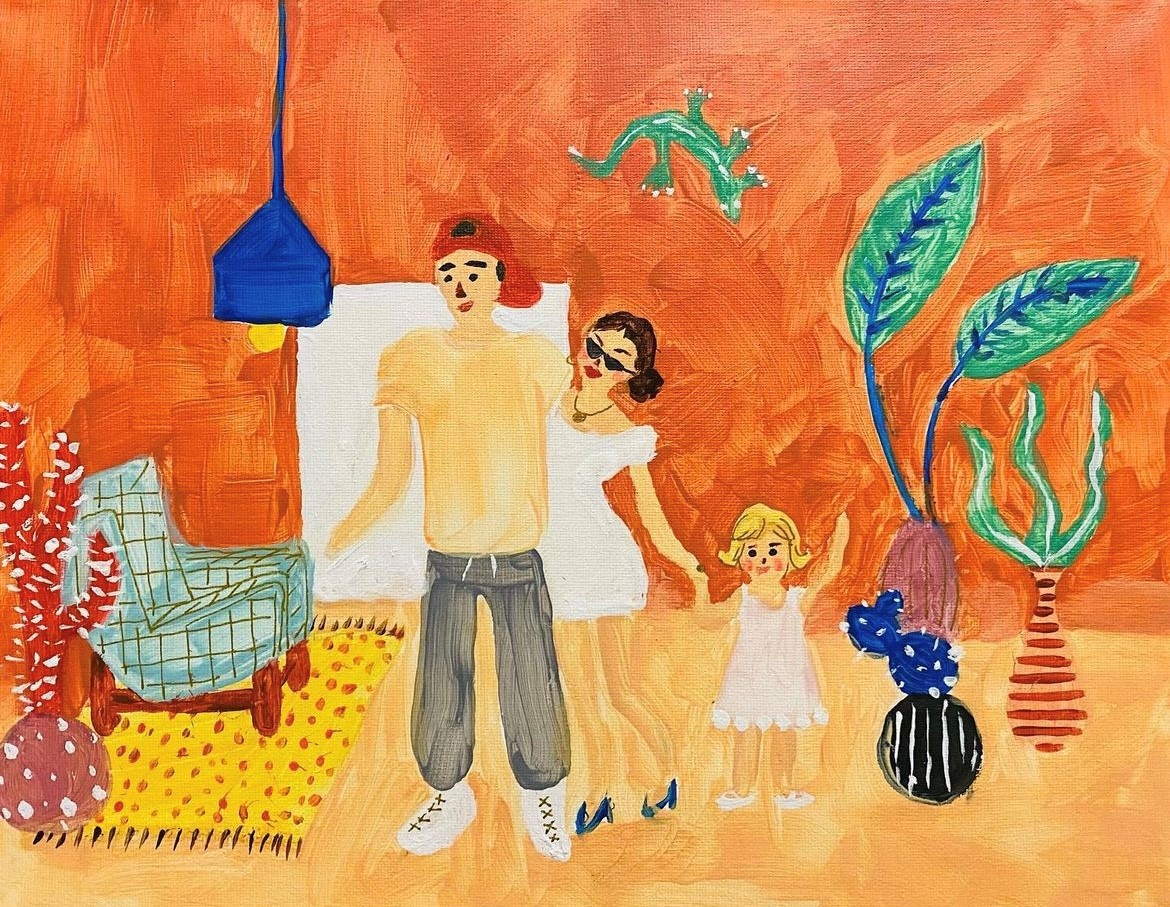
One of the best parts of González’s day is picking up Eva from daycare. When she sees her mom, Eva’s face breaks into a huge smile, and she screams “Mom!”. This is a dramatic change from the days when Eva refused to leave the daycare and violently resist getting in her stroller.
“She’s happy to hold my hand and walk home nicely without escaping or screaming,” González said. “What a change!”
About Urgent Response Services
If you are a caregiver with a child who exhibits high-risk behaviours that require an urgent response, like violent thinking, aggression, or property destruction, you may be eligible for Surrey Place’s Urgent Response Services. This program can be accessed through the Ontario Autism Program (OAP). The OAP provides funding and services for children and youth under 18 with autism, along with their families and caregivers.
For support for a child with autism spectrum disorder whose needs are not urgent, please visit Surrey Place’s Autism Services page.
Who we are
Surrey Place leads Urgent Response Services for Toronto Region in partnership with 2-Spirited People of the 1st Nations, Community Living Toronto, Family Service Toronto, Geneva Centre, Holland Bloorview, Kerry’s Place, Lumenus, SAAAC, SMILE Canada and Strides Toronto.
